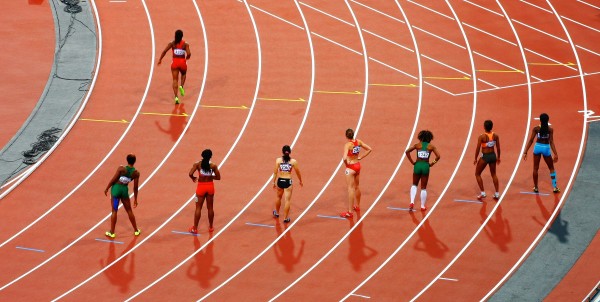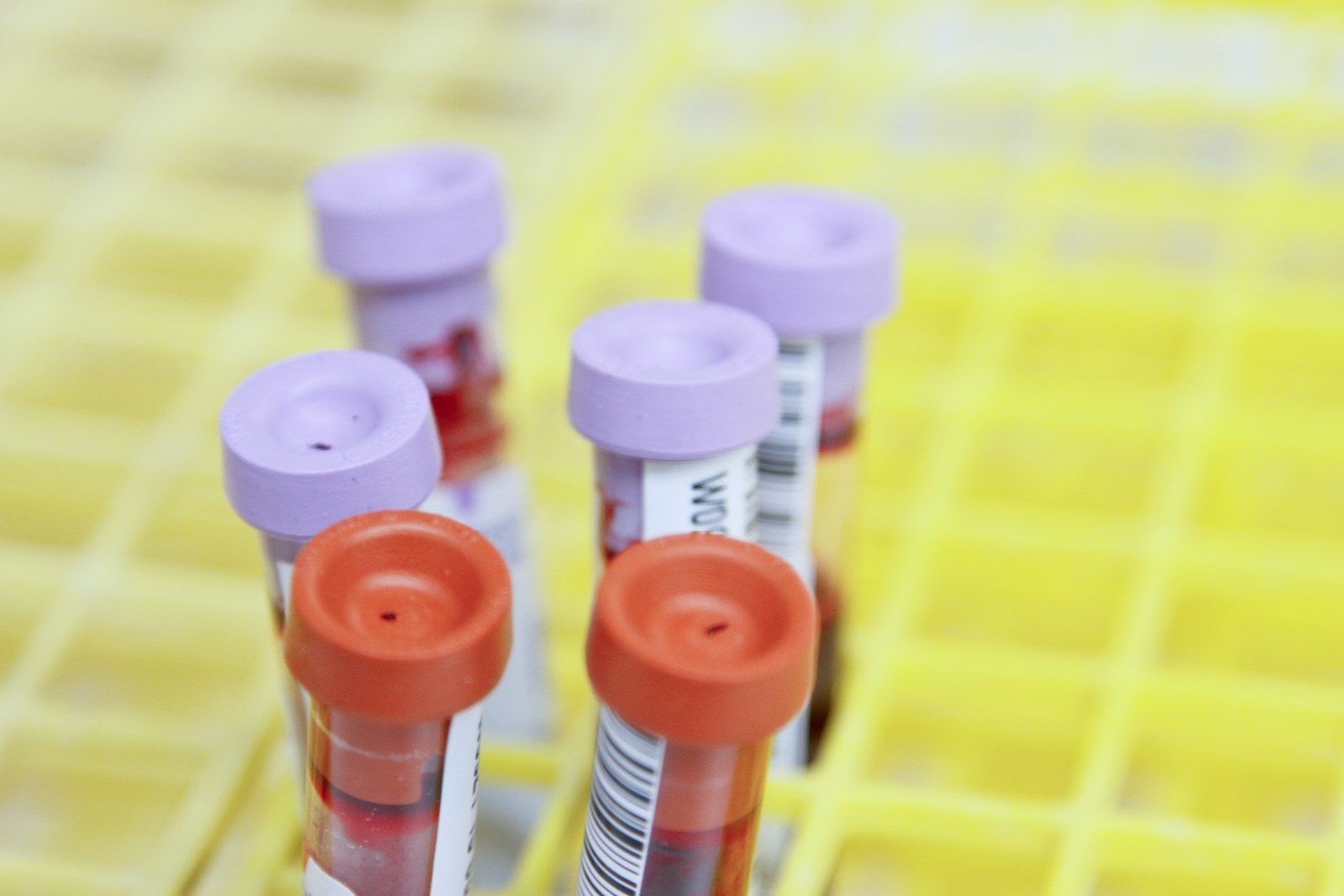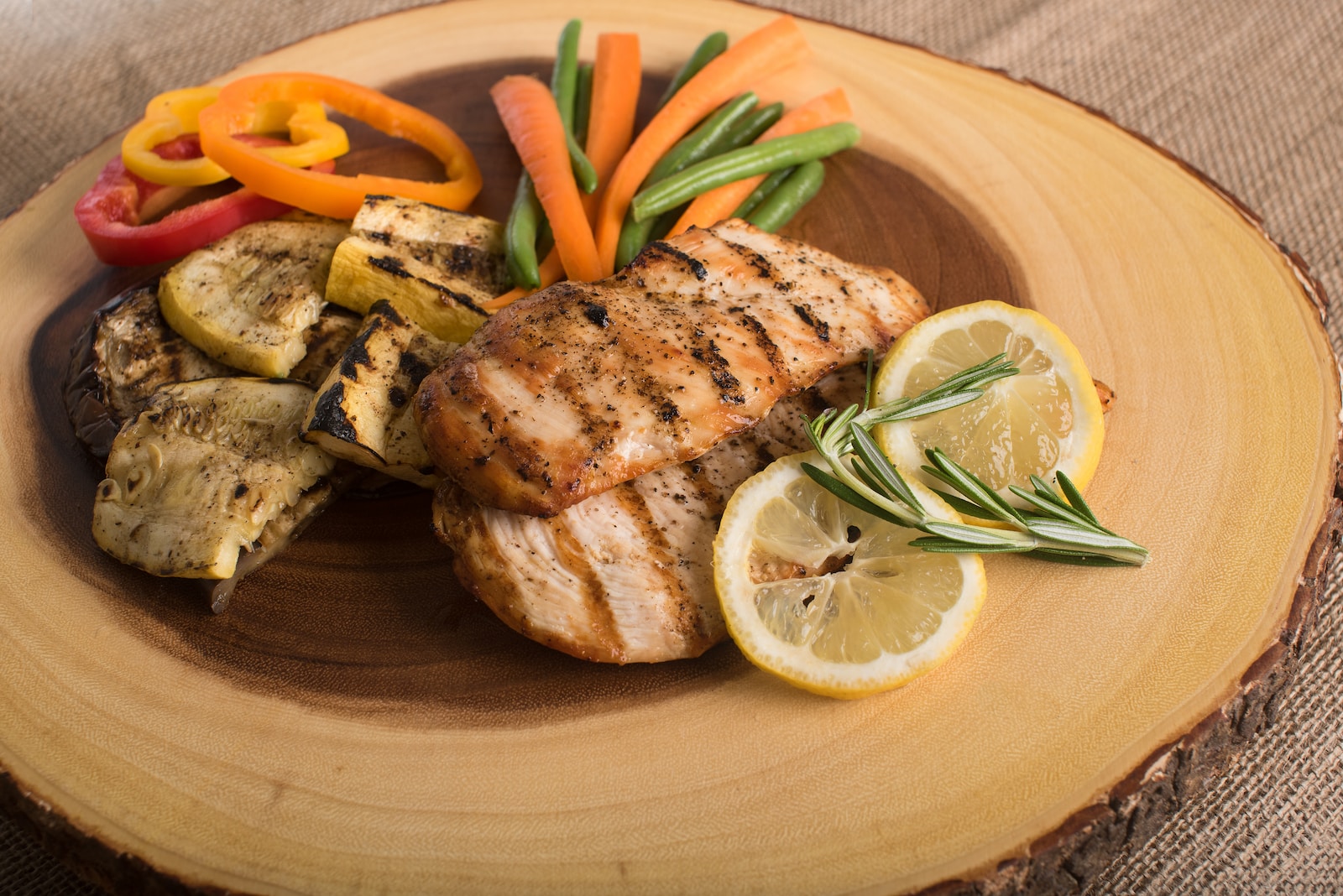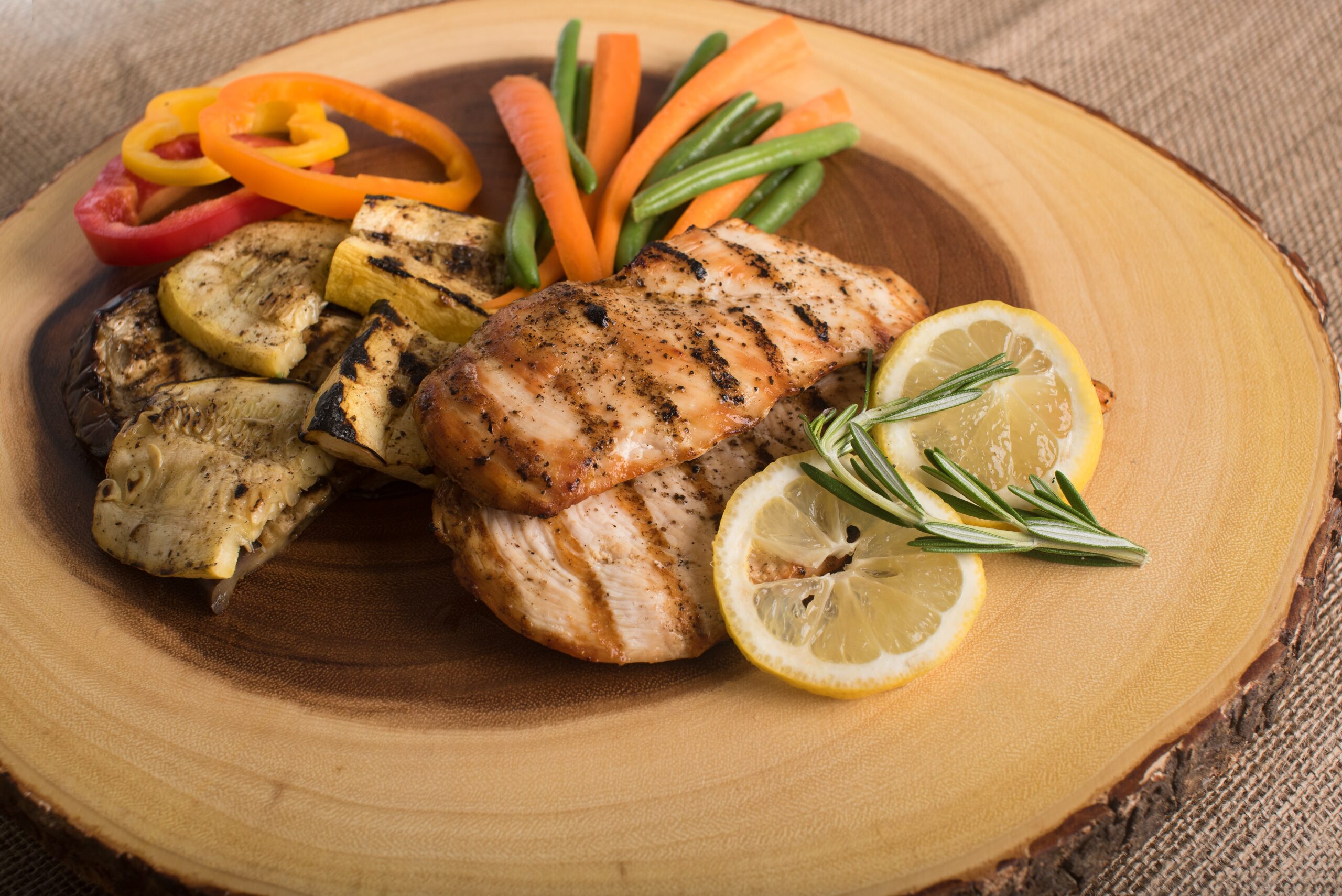The Post-Season Body

The Post-Season Body
Recently, I overheard a conversation between triathletes discussing their post-season training and eating habits. The less structured training regimen was a welcome break from early mornings and long, grueling Ironman sessions that took priority over family, work, and play, but they seemed to mourn their race-season physique. How, they wondered, could they maintain it year-round?
Triathletes are a buttoned-up, type-A bunch—some even call us self-obsessed. We thrive on measuring our performance—our watts, heart rate, pace, weight—always striving for improvement or perfection. However, research tells us we must take a step or two back in fitness in order to make physical gains over the long term.
After a long race season, we need to rest, both mentally and physically. It’s a time to rejuvenate, sleep in, take the yoga classes you couldn’t fit in when you were in the thick of training, and relax on the eating just a tad. Yep, I said it: Loosen up on the diet. The post-season can also be a useful time to balance out body composition, especially for those athletes whose racing weight is on the unhealthy edge of too lean.
“Triathletes like to sit around a certain weight and body composition all the time,” says nutrition and performance coach Krista Austin, Ph.D., who has worked with Olympic-level athletes such as Laura Bennett and Meb Keflezighi. “Putting on a few pounds can help athletes achieve training adaptations while not working so hard on your food choices, which psychologically gives people a break.”
By training at a heavier weight (no more than 8% above your lowest race weight), you are teaching your body to recruit more motor neurons and muscle fibers. When you return to race weight, the muscles are less taxed, have more oxygen availability, and last longer before fatigue sets in. Maintaining race weight year-round, especially for the extremely lean, is not optimal for the immune system or building strength (an off-season focus), both of which take a hit after a hard training cycle.
Here are a few tips for an off-season diet that will help you recover from race season effectively and set you up for a strong upcoming season.
Match carbohydrates to training.
The longer and more intense the training session, the more our bodies need carbohydrates. In the winter, both intensity and duration decrease so reduce your carb intake to match output.
Here’s how:
If you’re training 4 hours a week or less: Keep your carb intake around 2.75 grams per pound of body weight daily. If you’re training 5–6 hours a week: Plan on 2.75 to 3.25 grams per pound. If you train 7–10 hours a week: Aim for 3.25 to 3.75 grams per pound.
Don’t skip breakfast.
Breakfast restocks liver glycogen depleted during sleep and and wards off cravings. It really is the most important meal of the day, so don’t miss it.
Here’s how:
Eat 1–2 eggs and a slice of toast with a side of blueberries, or if you’re in a rush, grab a Greek yogurt and banana on the way out the door.
Eat balanced meals/snacks.
Don’t count calories. Choose from at least 3 food groups at each meal/snack. This offsets insulin, heightens satiety, and increases vitamin/mineral availability.
Here’s how:
Include a lean protein or meatless protein; complex carbohydrate, preferably whole grains, legumes, or starchy vegetables; and a fruit or low-fat dairy choice.
Be mindful of appetite.
Pay attention to your appetite in the winter months when it should be decreased with reduced training volume.
Here’s how:
Eat meals at a table, slowly savoring your food. Make time for nourishing the body, and you might find you’ll eat less than you would if you were in a hurry.
Rewards
Food is one type of reward athletes “treat” themselves to after a long workout or race. Don’t beat yourself up about an indulgence or two in the off-season, but prioritize balanced meals and mindful eating, then consider if you really want that treat.









